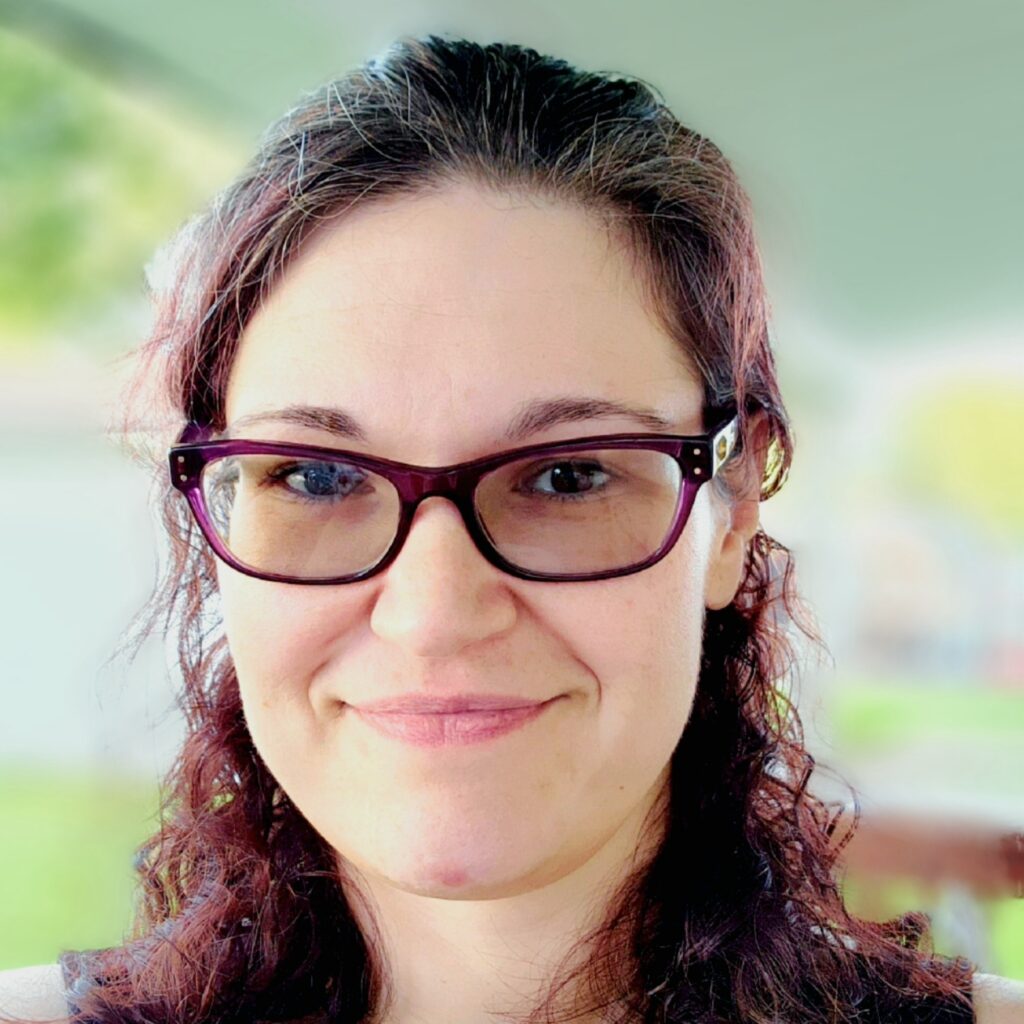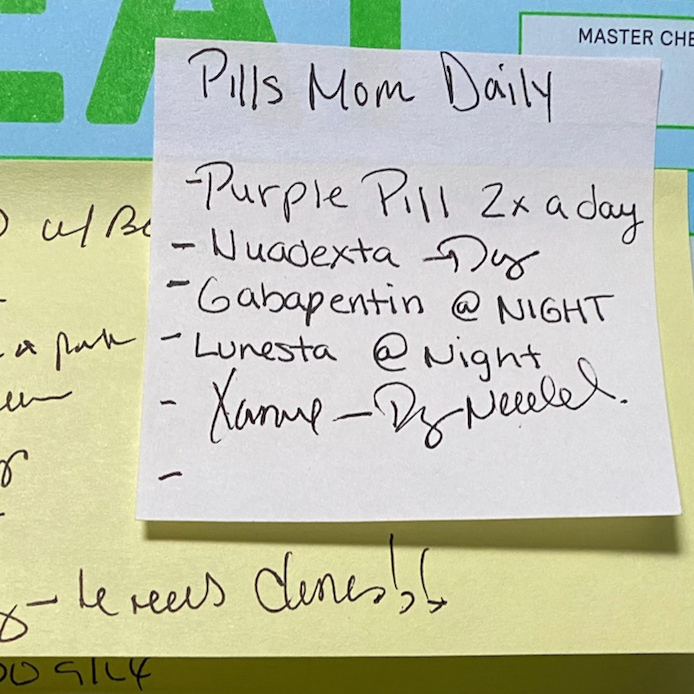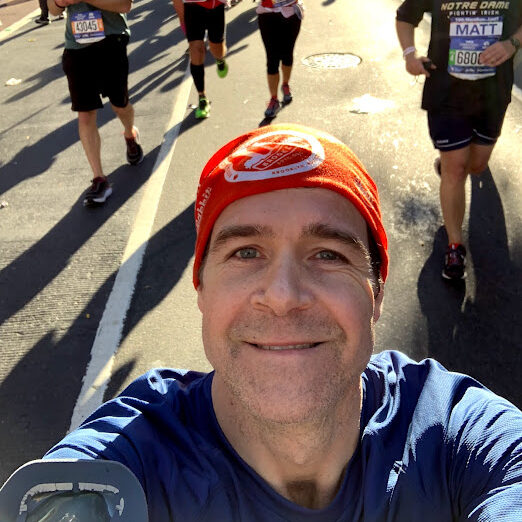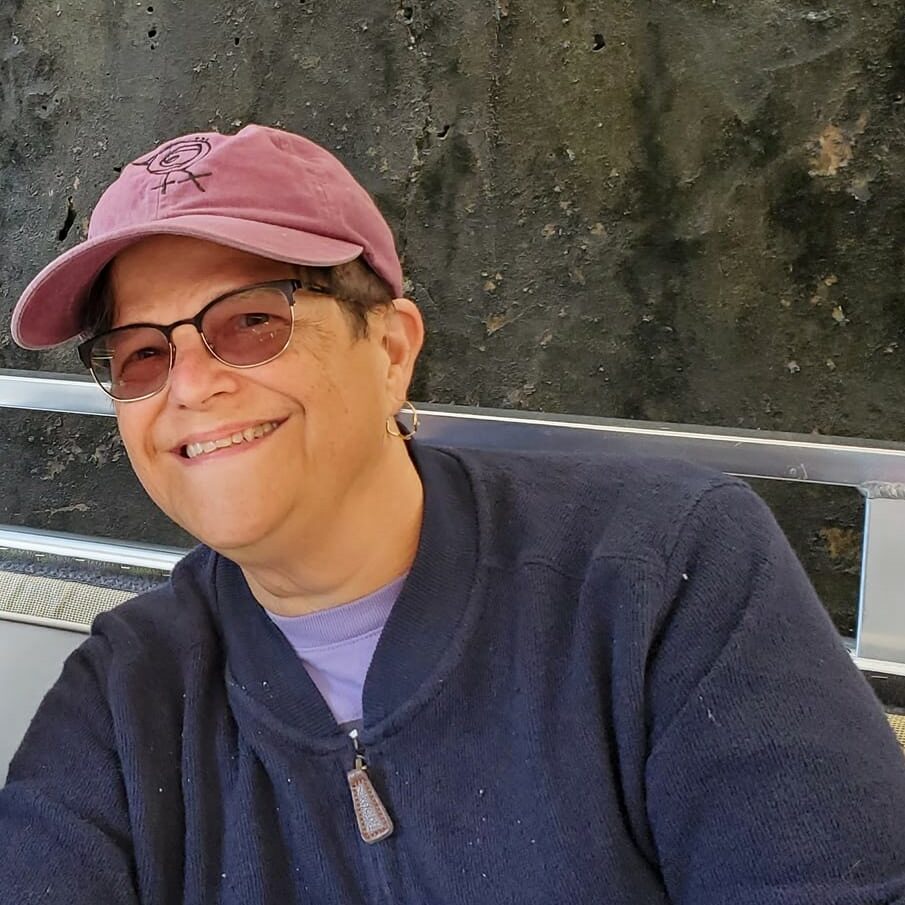
Becoming a traumatic brain injury survivor meant embracing the possibilities that existed within myself and being open to the opportunities on the uncertain forward journey. The word “becoming” is indicative of the idea that choosing to see myself as a survivor is not only one of the most vulnerable things I have done, but it, indeed, is possible.
I experienced three significant mild traumatic brain injuries between the years of 2014 and 2016. The first left me briefly unconscious, and the second wiped out a form of my visual memory. Since then, I’ve had at least two more concussions that have affected my vision and concentration. But it doesn’t negate my achievements or the mountaintop experiences.
I was diagnosed with PBA in 2017 after changing psychiatrists. My previous doctor, who had insisted that brain injury did not cause depression, had left the agency and my family physician was no longer willing to fill the scripts for my antidepressants. I knew something was ‘wrong’ with me, but no one heard me or held space for my pain.
I was starting to believe that I was what everyone else seemed to mirror back to me. Was I a monster? Just plain mean? Or was this all an inevitable part of my dysfunctional genetic history finally taking over my life? Or could I actually be crazy? Clearly, I was not Sara anymore, but that didn’t answer the ultimate question in my mind: then who and what was I?
Seeing that I have always been a highly sensitive and emotional person, I didn’t know if I was different or if these mood swings and irritability were the real me. I remember the fear and the smallness that existed inside of my mind, for it is a memory reflected in the healing of my brain and recovery of my self-identity. I still have so much to learn about who and what I am, and am not, for that matter, but I am not defined by my differences or struggles.
At one point, I was completely empty inside, hollow, a hole eaten straight through my soul it seemed. I was going to live. Not because I wanted to, but rather because it was my responsibility as a mother and my children had to have a mother – me. One of the biggest challenges my brain injury and the PBA has presented is I feel inferior as a mother.
My sensory overload was quantifiably devastating and with each additional episode I felt as if I was going mad. I shut down, hands over head, crying louder than my kids at times. But I was not crazy.
I separated my thoughts and read as much as the words across the page would let me track them. My eyes went separate directions or crossed entirely. My brain did not heal quickly, and it seemed that each time I made significant progress towards recovery, I would have another concussion or bump into the ceiling or someone walking next to me. My peripheral vision on the right side has been a constant struggle because it is extremely limited and it is difficult, even dangerous, to drive.
Even today, I refuse to drive at night because the lights cause me such extreme pain and sensory overload that my nervous system can get stuck in an anxious detachment. There have never been any words to accurately describe the pain inside my brain, my eyes, my heart… inside me… and my battle with aphasia amid the hypersensitivity has been undoubtedly discouraging.
I cannot stress enough the importance of interdisciplinary approaches of treatment and second (or third) opinions. While someday I hope that treatment gets to be more affordable, comprehensive, and versatile, I am thankful to all the people who ended up on my journey, meeting me where I was.
It was my ENT that finally asked the right questions to be able to realize that my initial cervical neck sprain was causing hearing disruptions and ear pain. I left my regular counseling office because I knew something wasn’t right. My experience and emotions were invalidated but I refused to give up. That was the same way I found my neurologist. The first doctor I saw told me that there was nothing they could do to help me that wouldn’t make it impossible to take care of my toddler son or cause worse symptoms than the burning headaches and skull pain.
I always passed the hearing test, CT scan, and so on. And I always said that’s not possible; the results must be wrong, or I wouldn’t be having so many problems. Please, give me an answer and help me. The advice was always the same. Rest or adapt seemed to be the only possible solutions. Neither of which were even remotely options in my life, and so I pushed myself even harder to “get better.” as soon as possible. Now I realize the contradiction of the thought at all, but I have learned to give the Sara of 2017 some grace.
My psychiatrist was the one who diagnosed my pseudobulbar affect (PBA) and began treatment with samples. Later, when insurance refused to cover the medication, he filled out paperwork for financial assistance in order for me to take the medication. I was approved and took Nudexta for two years. After moving 80 miles away for full-time work, I changed medical providers and am still trying to find a local physician who will prescribe the medication. Nudexta helped me to think one or two thoughts at a time instead of drowning in an ocean of thoughts and words, letter by letter. It also helped to improve my executive functioning and enabled me to breathe long enough to believe in my ability to make it through just that day and then the next.
I had to learn to follow my gut and to advocate for myself, taking notes like a journalist. Who? What? Why? When? Where? On the best of days, I would remember some of the details. At the worst, I felt every movement, sound, and touch to such an extremity that I would tremor with my hands over my ears or head. Tears optional. But having PBA, there were always tears.
I felt as if I was in a car being yanked into different lanes or oncoming traffic as someone grabbed the wheel. And then, sometimes, one of us would slam on the breaks before the car spiraled out of control or collided with unknowing bystanders, or stalled out completely, dead stop, overheated, on empty. Be it three seconds or minutes, I cried, and it exhausted me every time.
What I would tell other people who have suffered from brain injuries or, more specifically, PBA, is that you are not broken. Your value isn’t less because you have emotional, sensory, or adjustment challenges. You are not too much, neither are you too little.
Your worth doesn’t degrade because you need extra support, whether it be medical practitioners and medication, or counseling and “a village” of helpers, or anything else for that matter.
YOU are not a burden; you, whoever you are, are absolutely not a burden. Your needs are valid, even your dreams. You are enough in this moment, you were yesterday, and you will be tomorrow.
Please, dear one, give yourself grace and compassion. Every centimeter counts. Keep going, moving, swimming, breathing.
Love the you that is here on this earth now, existing, loving, and living. And when the moments get to be too much that you don’t believe any of this is true, reach out to someone or take a nap or call it a night. Tomorrow the sun will shine and light your path. Don’t give up. I hope that you can believe in hope because I believe in us.
We are survivors, warriors, and we–with our beauty, trauma, tears, and vulnerability have so much to offer the world. Yes, us, even now.
Within you there is everything you need and should you need the permission to give yourself grace, compassion, or even a pat on the back. I hope that you will find something you enjoy, even if you can only spend a few minutes on it –for me that was writing and photography. I used creativity to explore who I was, and where it took me was home to my authentic truth and internal power. It allowed me to begin to get comfortable in my own skin again, with my mind, and eventually my body.
Learning about polyvagal theory and Stephen Porges helped too. I discovered that I was not to blame for my body’s shutdown response to a traumatic event that simultaneously left me helpless and panicking. Amid that, I was also having flashbacks to a similar medical procedure that I experienced as an adolescent – a scenario where I felt completely unsafe, alone, and literally unable to move due to the numbing shots injected into my knee.
It wasn’t my fault that the orthopedic surgeon couldn’t do anything about my knee injury and congenital patellar deformity. It wasn’t my fault that while trying to breathe out the anxiety, I passed out and fell headfirst off a high exam table. It wasn’t my fault that the physician coerced consent or that I lost my memories and missed out on a year of my children’s childhood (except for photographs). Or that I am now labeled a fall risk when I am in the hospital for any length of time, banded and branded with a “sign” across my wrist, accompanying my wristband identifying my medical allergies. Not my fault that aphasia twisted my tongue and words were stuck inside my head, only counterparts leaving my lips.
And it isn’t my fault that I have PBA.
Even now, I refuse to quit – for within my heart and mind exist the capability to share my courage with nations, to find their truth, and to discover their own transformative and powerful stories. I am more than my head injury; it just taught me how to fight for what I really believed in.
I’ve had two essays and three poems published and read at two grief writing celebrations. The very first scholarship essay I won was under the alias of “Courage to Grow.” Since then, I’ve been awarded at least three more? I continue to submit my writing for consideration to be published and spent this college semester working as an intern at an iconic, national nonprofit organization supporting health and well-being initiatives.
Twenty years after graduating high school and seven after my initial TBI, I walked across an iconic football field to receive my associate degree. I will walk in 2023 with a Bachelor of Arts in Sociology. I will not see dean’s list or cum laude recognition, but I still did it.
I did it. I am doing it. I am living and I hope you will too. And with kindness, I leave you with this, “Growth [recovery] is possible. I know this because I am a survivor.”
Sending each of you all the love in the world,
SE



